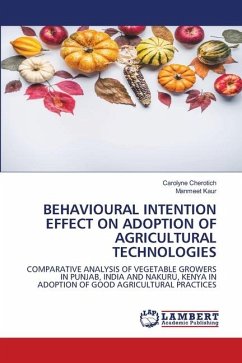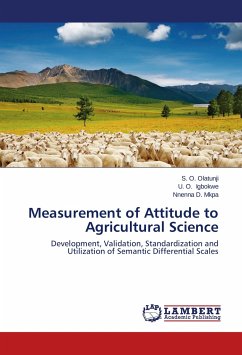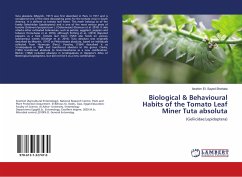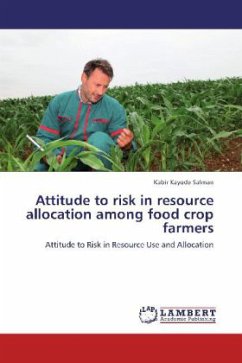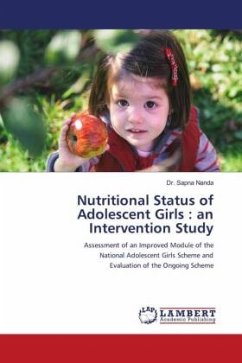This book investigates vegetable growers' risk perception, awareness of Good Agricultural Practices (GAP), determinants of their intentions and the applicability of Theory of Planned Behavior (TPB) in Punjab, India and Nakuru, Kenya. Data from 200 randomly selected growers, predominantly male with marginal landholdings, face various risks including market, institutional, weather and production risks. Many were unaware of GAP standards and identified production costs, market access, training and government support as key determinants for GAP adoption. Behavioral intention to adopt GAP was influenced by attitude, subjective norms, and perceived behavioral control, with perceived risks significantly impacting this intention, particularly in Punjab. TPB proves highly applicable suggesting the need for training, Public Private Partnerships (PPP) in extension services, price premiums and government support to encourage GAP adoption.
Bitte wählen Sie Ihr Anliegen aus.
Rechnungen
Retourenschein anfordern
Bestellstatus
Storno

